October 1914 - Antwerp, Belgium.
First Lord of the Admiralty, Winston Churchill, orders reservists from the Royal Naval Division to bolster the British Expeditionary Force holding the port of Antwerp against advancing German forces. They have to retreat west, towards Ghent and are to join a train at St Niklaas. The train is gone, and the route back to Antwerp is cut off when the bridges across the river Scheldt are blown up. The commander of three battallions orders his men north, across the border into Holland. Once there, they are taken into internment. Holland is neutral in the First World War, and combatants from either side are held for six years, or until the end of the war, whichever occurs first.
1 March 1916 - Groningen, Holland
The 1,500 men of the Royal Naval Division have been interned in this northern city since late 1914. Among them are just over 100 men from the Isle of Lewis. Donald Macleod is one of them. He
was born in the village of Gearrannan near Carloway in December 1891.
Donald was in the 1st Royal Naval Division, Benbow Battallion. His former schoolmaster at the Nicolson
Institute, Mr Gibson, wrote him a Christmas card at the camp in December 1915.
Donald replied on 2nd January 1916, extending best wishes to teachers
and pupils at his school. He also expressed the wish that Holland would
go to war, which would release his companions in Benbow Battallion and
himself back into service for Great Britain.
On 1 March 1916, Donald was lying ill in the University Hospital. He dies of pleurisy that day. A collection is held among the burghers of Groningen to buy a huge Celtic cross, out of sympathy with this lad of only 24, who died so far away from home. His mates from D company, Benbow Battallion have organised a huge wreath, in the shape of an anchor. On passing along Groningen's main street, people stop and bare their heads. Shopworkers stand outside their premises, residents outside their doors, including maids and servants. The cortege finally pulls up at the Southern Cemetery, where Donald is laid to rest.
Donald's wish was not to be granted. Benbow,Drake, Collingwood and Hawke Battallions were to remain interned until the Armistice, in November 1918. Those that returned to the island after the war would not readily speak of their experiences. They felt it a matter of shame that they had led the 'cushy life' of an internment camp, where their fathers, brothers and sons had fought and died in the trenches or in the North Atlantic.
Two more Lewismen would not return home, but lie buried at Groningen: John MacLeay, of Shader, Barvas and John Smith of Lower Bayble. A fourth, Angus MacLeod of Portnaguran, was discharged home for being unserviceable - suffering from pulmonary tuberculosis. He died at Plymouth.
There are suggestions that four internees from Lewis perished in the Iolaire disaster of 1919, when the ship returning them to the island foundered outside Stornoway Harbour.
Note: I realise that the text under the pictures is not very legible in the picture viewer.
Saturday, 25 August 2007
Subscribe to:
Post Comments (Atom)
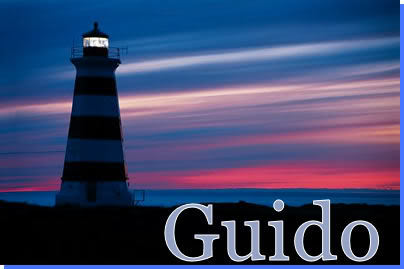



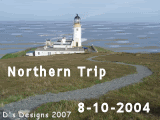

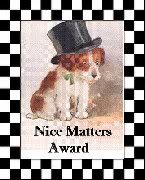

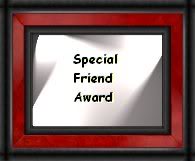

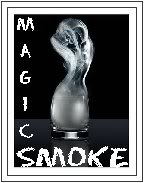
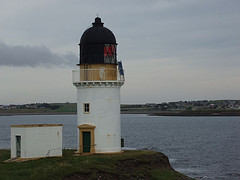
Now I know why we Scots children once booed Churchill on the Pathe News when we went to the Matinee on a Saturday in the 1950's. Old memories die hard and get passed on.
ReplyDeleteThese poor men were just cannon fodder to him.
And so many were involved for such a small populated country such as Scotland and the Isles.
How very sad they felt awful because of their internment. If only they could have remembered that they volunteered to go to war. These were very brave men. I am so pleased to have read this information Guido. The more who read it the better too.
My father-in-law spent 5 years in a prison camp in Poland during the 2nd world war. He never ever spoke of it except that he told me they had to barter for food with the Poles who came up to the fence. That was all I ever got out of him.
Your father did well to escape the bridge explosion...didn't he? God walked with him that day.
A very interesting entry Guido. I have saved the site to my carousel so that I can go back for a read another time.
Thank you. You are such a caring thoughtfull and considerate man in all that you do. Well done!
Jeanie
For reference, Donald Macleod is not my father, contrary to what Jeanie said in below comment (also emailed)
ReplyDeleteThese men were serving their country. Doing what they were ordered. They couldn't help the turn of circumstances. They were heroes too. - Barbara
ReplyDelete